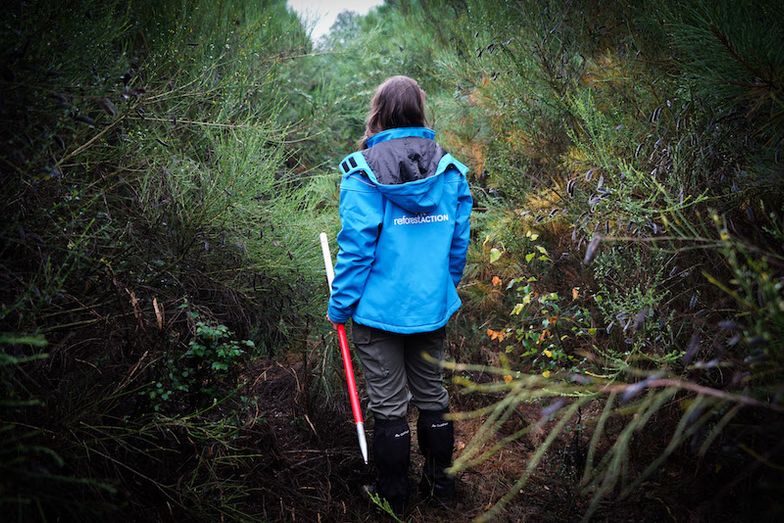
Conscient des enjeux environnementaux actuels et du développement de nouveaux modes de mobilités plus respectueux, BPM Group, acteur automotive majeur en France s’engage en faveur d’une démarche environnementale globale et a décidé de s’impliquer dans des projets de reboisement de forêts en France et à l’étranger. Ceci permettra de contribuer à la préservation de la biodiversité, de limiter les effets de la déforestation et d’aider des populations locales au travers de projets forestiers avec de réels bénéfices sociaux économiques.
Bénéfices estimés des arbres plantés ou préservés
Notre histoire a débuté en 2004 avec les marques Mercedes-Benz et Smart, puis le Groupe s’est progressivement développé et distribue aujourd’hui les marques Fiat, Abarth, Jeep, Alfa Romeo, Jaguar, Land Rover, Hyundai, Ducati et Indian. Sans oublier Komatsu, spécialiste de matériels pour les travaux publics, une marque à laquelle je suis attaché puisque ma famille possédait une entreprise dans ce secteur. Au fil de ces années, notre développement s’est appuyé sur 2 axes principaux : L’engagement quotidien de l’ensemble des collaboratrices et collaborateurs du Groupe au service de nos clients particuliers et professionnels. La confiance de nos clients grâce à notre volonté permanente d’offrir les meilleurs produits et la meilleure qualité de service. Cette volonté forte s’est traduite en 2018 par une nouvelle identité : BPM Group et la mise en œuvre des valeurs qui forment son ADN : Éthique, Confiance, Excellence, Esprit d’équipe et Satisfaction clients. Ce sont ces valeurs qui nous définissent et que partagent l’ensemble des Collaboratrices et des Collaborateurs du Groupe dans leurs actions.
